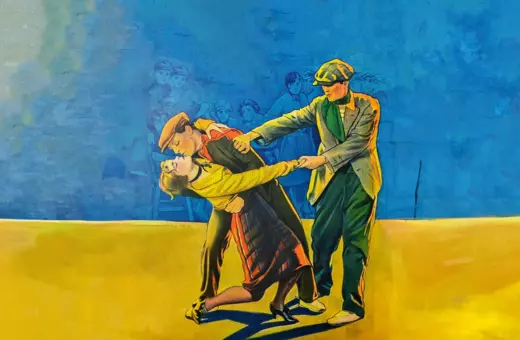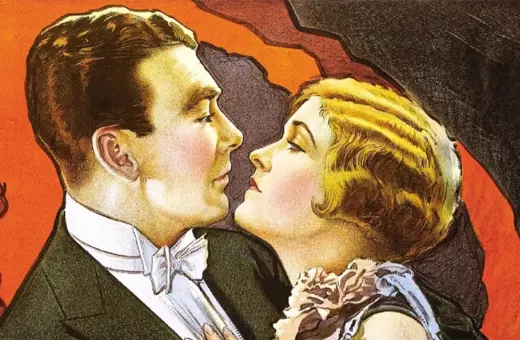Laurie Penny is a columnist for New Statesman and the author of Meat Market: Female Flesh Under Capitalism. Her new book, Unspeakable Things: Sex, Lies and Revolution is published by Bloomsbury.
In this wide-ranging interview, she discusses pornography, online abuse and the many different strands of contemporary feminism.
The feminism you articulate in this book seeks to speak for and liberate the marginalised, the ‘other’ in capitalist society. How did you come to this conception of feminism?
Well I wouldn’t say the kind of feminism that represents women who aren’t necessarily wealthy, white and living in Western countries was my idea. There’s a long history of socialist and anti-capitalist feminism which is one of the reasons why some of the themes – though I talk about the internet, online dating for example – and some of the ideas in it might seem quite retro. It's harking back to a slightly older form of feminism from the 1970s, '80s and even beyond. I look back on the work of Emma Goldman and Alexandra Kollontai, women who believed that women needed to rise together as a class rather than as individuals within the capitalist system.
You speak in a language of revolution and class – are you not worried that seeing feminism through a stridently left-wing prism will alienate your audience with socialist concepts that are little discussed in the mainstream?
No, I’m not worried at all. I think it's important to articulate these ideas in the mainstream and to make clear that some of our ideas of what mainstream feminism should be about are actually only representative of a minority. It concerns me, this idea that the only way to appeal to a broad spectrum of women is to only speak about the issues that affect women at the very top, which seems to be what feminism has been doing for some time now.
Which other current writers and thinkers do you consider to be articulating a similar form of feminism? For example, your work and the work of Paris Lees could be seen as comparable.
Oh yes, I love what Paris is doing, but actually the feminist and gender writers I really admire right now aren’t writing books – they’re writing articles, they’re writing blogs. I’m a fan of a lot of the writing coming out of America. For example, Hannah Black at The New Inquiry and Melissa Gira Grant’s book Playing the Whore is very important for my understanding of sex work.
But I think the thing that needs to be emphasised is that a lot of the most important feminist writing right now isn’t being done in books. I’m now trying to get some of those radical ideas online and into the world of mainstream publishing which has always seen socialism, anti-capitalism and supporting sex workers' rights as things that just won't sell.
Yours is a visceral, quite angry form of feminism, as opposed to the jokey pop-feminism of writers on websites such as Jezebel. Do you consider the latter equally as valid and useful as your own approach?
I’d challenge that actually, because some of the work of Jezebel can be quite radical. Lindy West, for example, one of Jezebel’s headline writers, is both hilarious and extremely radical when it comes to questions of gender representation and media. I challenge the idea that, particularly with online “pop-feminism”, there is no space for radicalism, and actually more forthright and provocative ideas are coming into the mainstream.





















Join the conversation